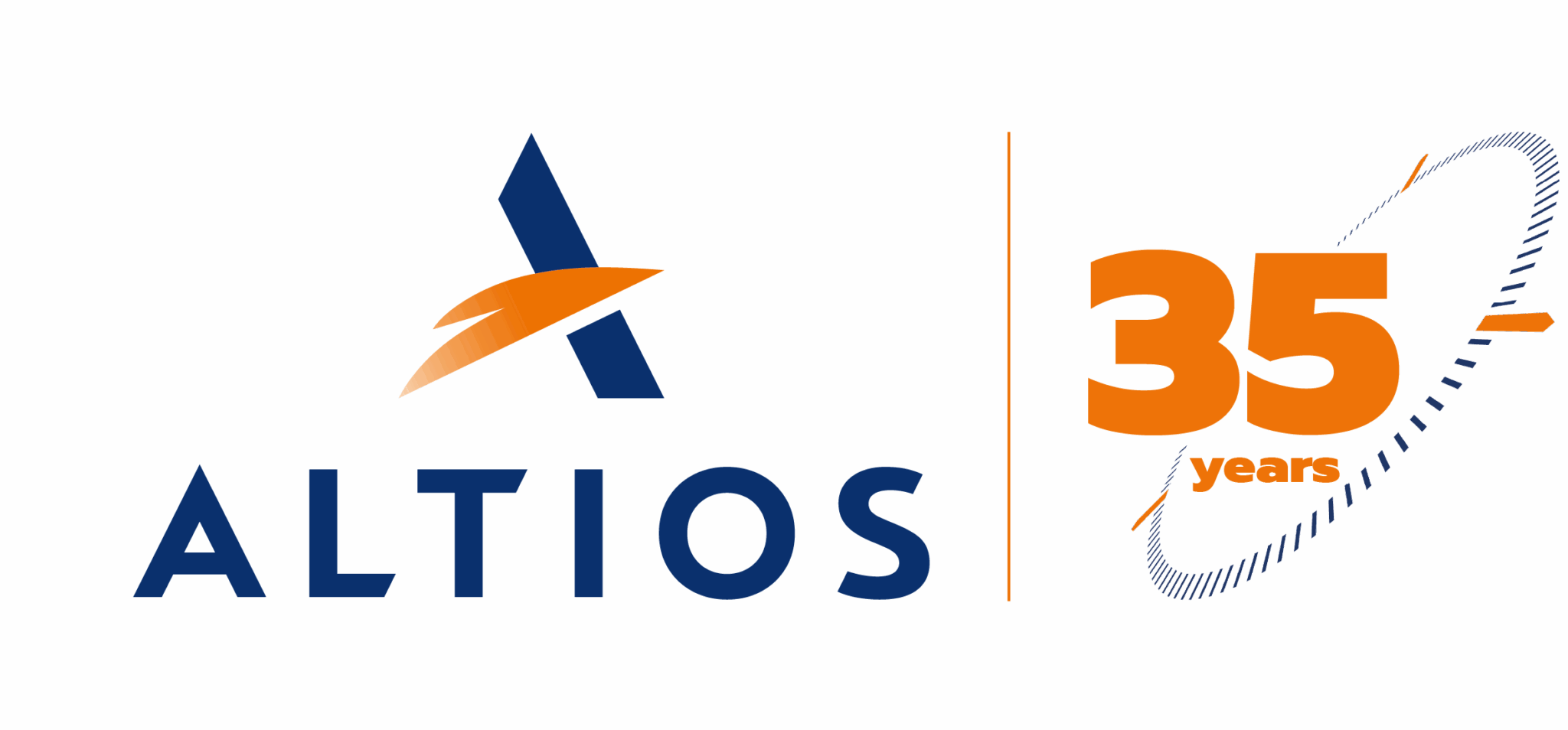Understanding the Canadian labor market is crucial for organizations aiming to navigate its complexities effectively. Canada is experiencing rapid population growth, projected to reach 48 million by 2036, leading to heightened demand for skilled professionals across various sectors. The workforce is notably diverse, including immigrants, international students, and temporary foreign workers. This diversity highlights the importance of being mindful of cultural nuances, language diversity, and a wide range of skill sets during recruitment efforts. Such awareness is essential for meeting workforce needs and fostering inclusive workplaces.
Recruitment Regulations to Know
- Employment Equity Act: Ensures equal opportunities for all Canadians.
- Canada Labor Code: Governs hiring and dismissal practices.
- Human Rights Code: Protects against discrimination based on race, gender, religion, and other characteristics.
Labor Laws in Canada
1. Working Hours
- Standard five-day work week (Monday-Friday).
- Provincial laws may vary, such as Ontario’s maximum of 48 hours per week.
- Most provinces expect a 40-hour work week.
2. Right to Disconnect
- Employers in Ontario with 25+ employees must have a written policy on disconnecting from work.
- This policy helps reduce burnout and improves work-life balance.
3. Benefits
- Statutory Benefits: Pension contributions, employment insurance, statutory sick leave, and paid leave (maternity, paternity, and parental).
- Supplementary Benefits: Memberships, discounts, reward schemes, and extra health benefits.
- Provincial Differences: For example, Ontario’s Covid-19 Worker Income Benefit provided up to three days of paid emergency leave for Covid-related absences until July 31, 2022.
4. Pay
- Employers must meet at least the statutory minimum wage.
- Required deductions include taxes, insurance, savings plan contributions, medical and dental premiums, life insurance, and pension contributions.
- New pay transparency measures, introduced on January 1, 2021, aim to address wage gaps for women, indigenous people, persons with disabilities, and visible minorities.
5. Holidays and Vacation
- Federal employees are entitled to a minimum of two weeks’ annual vacation, with many provinces requiring three weeks.
- Statutory public holidays include New Year, Good Friday, Easter Monday, Victoria Day, Canada Day, Civic Holiday, Labour Day, Thanksgiving, Remembrance Day, Christmas, and Boxing Day. Quebec also observes Saint-Jean-Baptiste Day.
6. Sick Leave
- Minimum of five days’ sick leave as outlined in the Canada Labour Code.
Minimum Wage Across Canada
Minimum wage varies by province, industry, and employee age, with regular adjustments:
- Ontario (as of January 1, 2022):
- General minimum wage: $15 per hour.
- Student minimum wage: $14.10 per hour.
- Hunting, fishing, and wilderness guides: $75 per day (under 5 hours) or $150.05 (over 5 hours).
- Homeworkers: $16.50 per hour.
Considerations for Foreign Employees
Express Entry System
Launched in 2015, the Express Entry system simplifies and accelerates hiring skilled international workers for management, professional, or trades positions. With a qualifying job offer, international hires can apply for Canadian permanent residence, typically completing the process within six months.
Federal Economic Immigration Programs
- Federal Skilled Worker: For experienced workers in skilled occupations, as defined by the National Occupational Classification system.
- Canadian Experience Class: For temporary foreign workers in Canada seeking full-time employment and permanent residence.
- Federal Skilled Trades Program: For skilled trades workers.
Provincial Nominee Programs (PNPs)
Most provinces and territories have PNPs to attract workers planning permanent settlement. These programs address specific labor shortages, including semi- or lower-skilled positions. Employers may need to prove to Employment and Social Development Canada (ESDC) that local talent is unavailable. Note: Quebec does not have a PNP but uses the Quebec Skilled Worker category.
Temporary Work Permit
Hiring through Temporary Work Permits offers a faster option, sometimes completed in weeks or even days. Employers can use the Temporary Foreign Worker Program or the International Mobility Program to bring in international talent efficiently.
Altios Offer
Altios provides a comprehensive range of services to support your recruitment mission:
- Benchmarking profiles and salaries for the positions you seek.
- Tools to target the best profiles.
- Headhunting services.
- Payroll management.
You can customize the offer to suit your needs, enabling Altios to assist in your successful international expansion.








